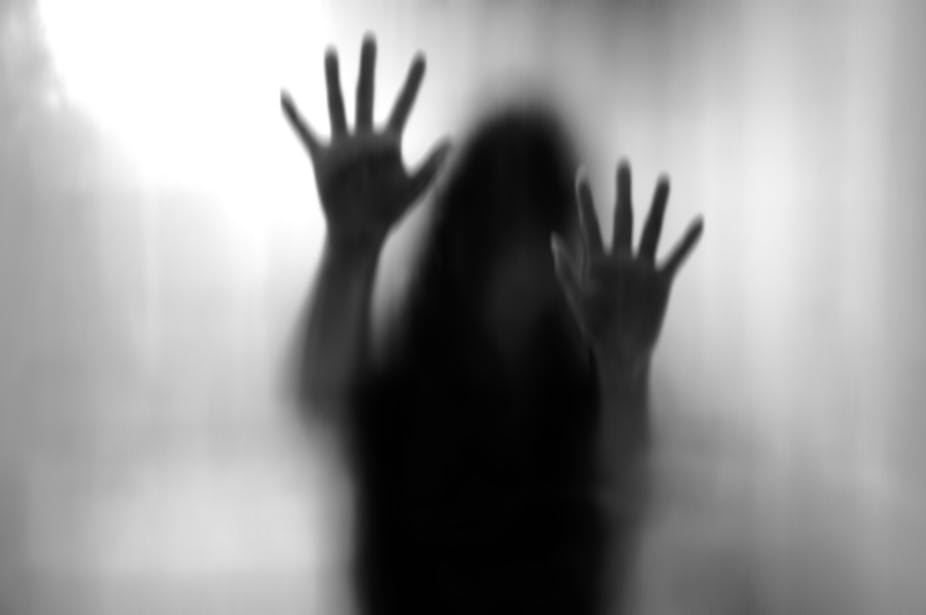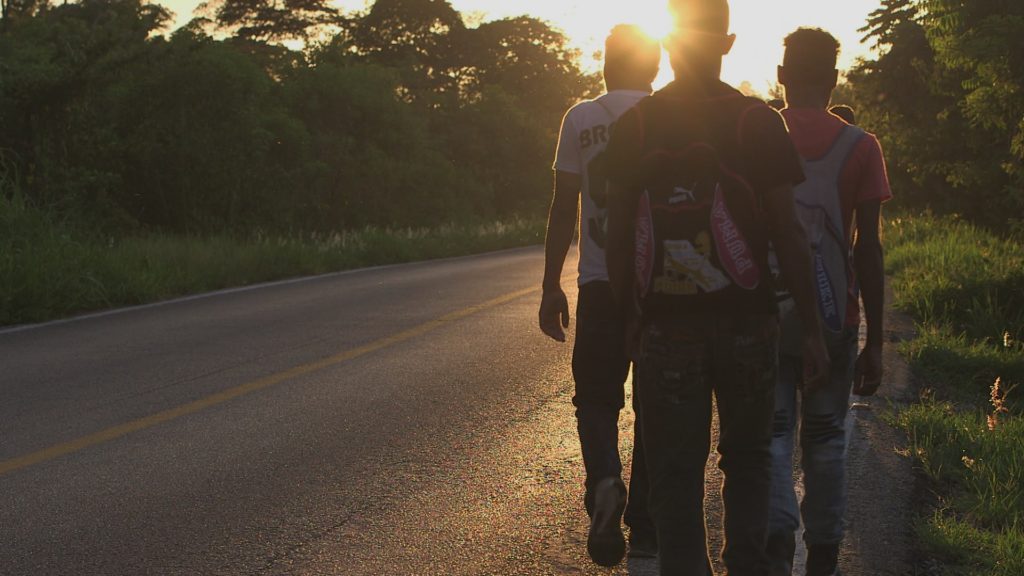Are Prostitution and Human Trafficking the Same?
The terms human trafficking and prostitution are often used interchangeably with one another. When we do this, we make inappropriate distinctions between two similar, but very different, realities. While this seems insignificant on the surface, the consequences of using the wrong terminology can be detrimental.
First, let’s look at the definition of human trafficking according to the National Human Trafficking Hotline: “Human trafficking is a crime involving the exploitation of someone for the purposes of compelled labor or a commercial sex act through the use of force, fraud, or coercion.”
Human trafficking involves not just sex trafficking, but also labor trafficking. This distinction is important to make so that survivors of any form of exploitation can be recognized and receive the services they need to find healing from their traumatic experiences.
Secondly, human trafficking is not prostitution. Prostitution is the process of performing sexual acts in exchange for money without the use of force, fraud, or coercion. In many states, it is considered a crime. However, how different are the realities of human trafficking, in the form of sex trafficking, and prostitution?
Sex trafficking involves the use of coercion, threats, and intimidation. However, we often mistakenly assume that individuals in prostitution are solely seeking money through sexual acts as a form of occupation.
Having experienced sex trafficking and prostitution myself, I can say that both felt the same. I still ended up feeling used, abused, and utterly ashamed of myself. In order to cope with prostituting myself, I self-medicated with drugs and alcohol. I wanted help, but I felt trapped. From the outside, I looked successful, working in retail and going to school full-time, but the inside looked much different.
I love what Exodus Cry, an anti-trafficking organization in Kansas City, Missouri, says about this storyline: “Prostitution is primarily the result of a lack of choice among the most marginalized, vulnerable, and defenseless people in the world.” Because of society’s sexualization and oppression of women, in particular, what may seem like a choice, seldom is one.
Most individuals in prostitution previously had childhood physical or sexual abuse, making the violence and depravity feel normal. Trauma makes you believe a different storyline about yourself. It binds you to the narrative that you deserve to be abused and used. It sexualizes and demeans you, shoving your identity into a narrow spectrum that, without help, you stay cemented in.
Prostitution is different than human trafficking, but what is most important for both is that you listen to these stories without judgement or assumptions. Everyone deserves to be heard, and listened to, deeply. We must remember the importance of distinction, but also the commonness of our humanity in order to dignify all people, no matter their history.
Small Run, Big Impact.
Join us on April 13th for our second annual 'You Can Do Anything in a Dress (or Tie)' 5k. Run in our Los Angeles 5k/Yoga event or run virtually in your own city! Set up your free campaign page and purchase tickets for the LA event today!
About the Author
Grace is a survivor of human trafficking who is working on a degree in professional psychology. She is passionate about being a part of the movement to end slavery by providing trauma-informed services to fellow survivors after her schooling is finished. She is an avid reader, loves to create art and music, play with animals, and take note of the little bits of beauty that make up ordinary life.








